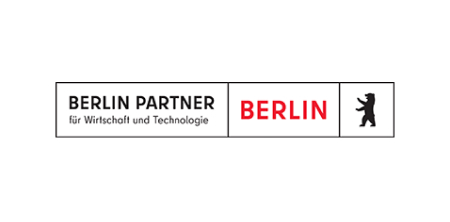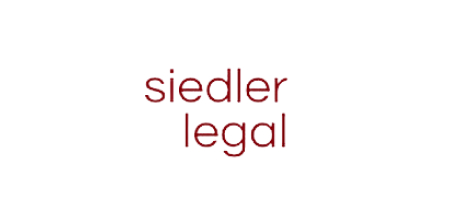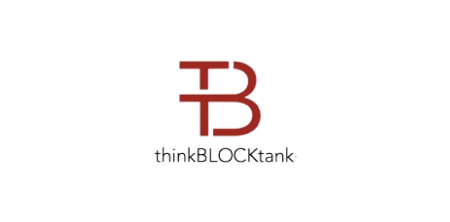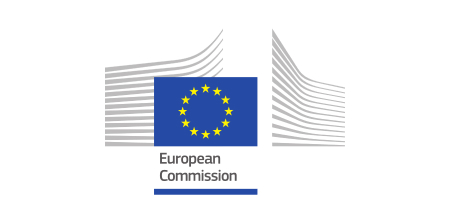Berlin
Shaping the Future of Crypto Regulation
April 23 2024, Berlin
Insights from the MiCA Roundtable in Berlin
The second gathering in this series took place on April 23, 2024, in Berlin, in collaboration with Berlin Partner, EUBOF, and INATBA. This roundtable featured expert insights on various critical topics, aiming to foster a clearer understanding and practical approaches to the MiCA framework.

Key Highlights
Joanna Rindell led the discussion on the need for precise definitions and clearer assessment criteria for NFTs to avoid misclassification under MiCAR. The group emphasized the importance of recognizing the unique artistic and utilitarian aspects of NFTs and recommended developing guidelines that reflect these unique characteristics.
Max Bernt highlighted the complexities in classifying crypto-assets, particularly those resembling derivatives. The roundtable called for harmonized guidelines across the EU and specific criteria based on the substantive qualities of tokens to ensure clarity and avoid stifling innovation.
Tiana Whitehouse presented on the challenges posed by ESMA’s Reverse Solicitation Guideline under MiCAR. The group stressed the need for clearer differentiation between commercial and non-commercial activities and proposed exemptions for educational and professional gatherings.
Luiza Castro discussed the transitional provisions under MiCAR, highlighting the need for clear guidelines to help entities align their operations with new regulations. The roundtable emphasized the importance of ongoing dialogue between regulators and industry stakeholders to clarify ambiguities and ensure smooth transitions.
The discussion led by Alireza Siadat focused on the transitional regime outlined in Article 143(3) of MiCAR, which raised concerns due to its ambiguous provisions. This article allows crypto-asset service providers (CASPs) operational before December 30, 2024, to continue until July 1, 2026, or until their authorization is decided. This brings up the need for clear, harmonized guidelines from NCAs and ESMA to help CASPs navigate different national regimes and ensure a unified regulatory approach across the EU.
Jörn Erbguth focused on the disclosure requirements for privacy coins under MiCAR. The group recommended limiting disclosure to transactions directly involving the holder to align with GDPR principles and reduce unnecessary exposure of personal data.
Daniel Resas focused in his discussion on the regulatory challenges of non-custodial frontends in decentralized finance (DeFi) under MiCAR, emphasizing the need for clear guidelines to avoid misclassification and undue regulatory burdens.
Primary Calls to Action
For Reverse Solicitation
Refine ESMA's guidelines to clearly distinguish between commercial and non-commercial activities and consider exemptions for educational and policy-driven activities.
For Crypto-Assets Classification
Establish substance-based criteria for crypto-asset classification and provide clear, accessible guidelines for National Competent Authorities (NCAs) and support continuous dialogue and collaboration among NCAs and the industry.
For DeFi Operators
There is the necessity for regulatory clarity, legal risk management, and industry advocacy to support innovation and proper regulation in DeFi.
For NFTs
Regulators should develop clear, detailed criteria for NFT classification that reflect their unique artistic and utilitarian aspects.
For Privacy Coins
Advocate for privacy-enhancing technologies and limit disclosure requirements to align with GDPR principles.
For Grandfathering
Entities should proactively plan for MiCAR compliance, and regulators should provide detailed guidelines to clarify transitional provisions. Regulators and industry stakeholders must provide proactive support to CASPs, particularly those not fully regulated under current laws but compliant with broader legal frameworks.
Conclusion
The Berlin MiCA Roundtable underscored the importance of collaboration between industry and regulators to navigate the complexities of crypto regulations. By addressing these key issues and implementing the recommended actions, the MiCA framework can evolve to support innovation while ensuring market stability and consumer protection. For more information and to participate, please contact the organizers at mariana.delaroche@validvent.com or nina.siedler@siedler.legal.






